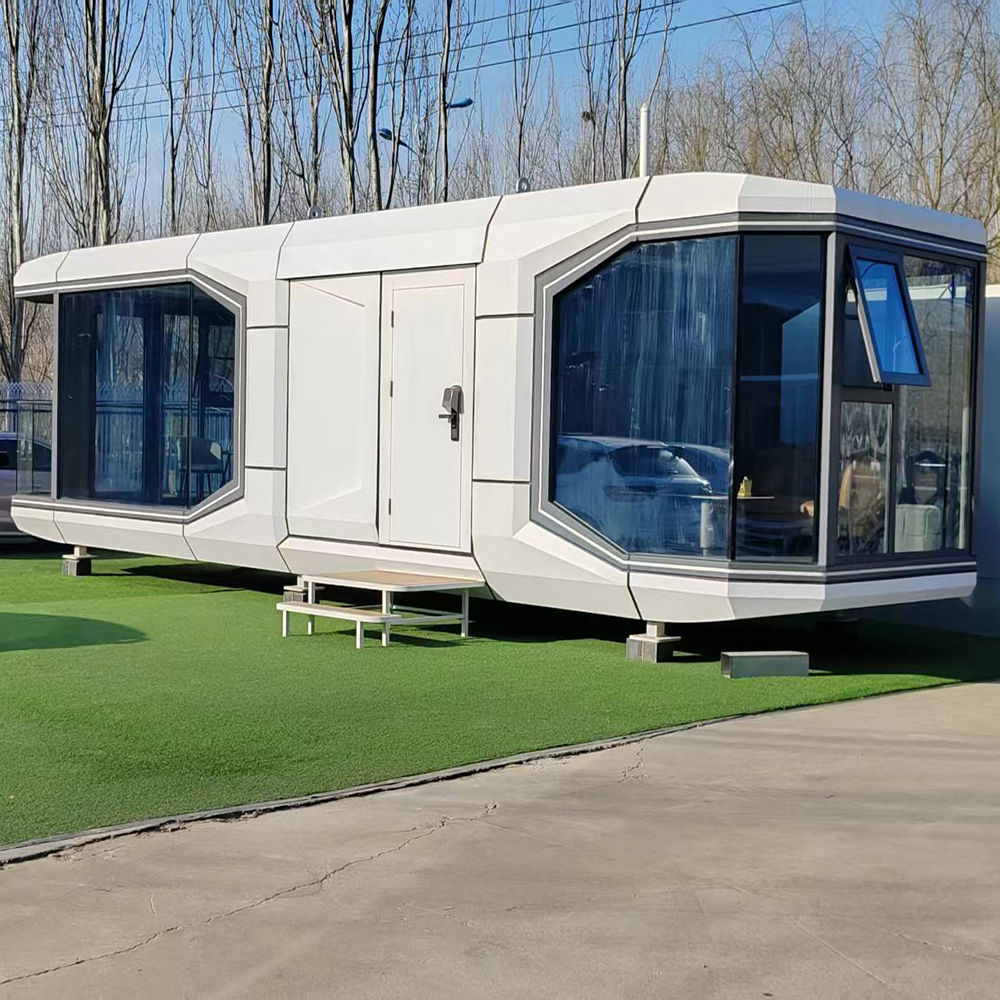-
E-mail
Austin120521@outlook.com -
E-mail
sales@jujiuhouse.com -
Telephone
+86-17864099991 -
Telephone
+86-17854044442
- Chinese
- French
- German
- Portuguese
- Spanish
- Russian
- Japanese
- Korean
- Arabic
- Irish
- Greek
- Turkish
- Italian
- Danish
- Romanian
- Indonesian
- Czech
- Afrikaans
- Swedish
- Polish
- Basque
- Catalan
- Esperanto
- Hindi
- Lao
- Albanian
- Amharic
- Armenian
- Azerbaijani
- Belarusian
- Bengali
- Bosnian
- Bulgarian
- Cebuano
- Chichewa
- Corsican
- Croatian
- Dutch
- Estonian
- Filipino
- Finnish
- Frisian
- Galician
- Georgian
- Gujarati
- Haitian
- Hausa
- Hawaiian
- Hebrew
- Hmong
- Hungarian
- Icelandic
- Igbo
- Javanese
- Kannada
- Kazakh
- Khmer
- Kurdish
- Kyrgyz
- Latin
- Latvian
- Lithuanian
- Luxembou..
- Macedonian
- Malagasy
- Malay
- Malayalam
- Maltese
- Maori
- Marathi
- Mongolian
- Burmese
- Nepali
- Norwegian
- Pashto
- Persian
- Punjabi
- Serbian
- Sesotho
- Sinhala
- Slovak
- Slovenian
- Somali
- Samoan
- Scots Gaelic
- Shona
- Sindhi
- Sundanese
- Swahili
- Tajik
- Tamil
- Telugu
- Thai
- Ukrainian
- Urdu
- Uzbek
- Vietnamese
- Welsh
- Xhosa
- Yiddish
- Yoruba
- Zulu
- Kinyarwanda
- Tatar
- Oriya
- Turkmen
- Uyghur

container expandable house
The Rise of Container Expandable Houses
Container expandable houses have captured the imagination of many, offering both versatility and a modern aesthetic. These structures often face misconceptions: they aren't just metallic boxes. With careful design and construction, they can compete with traditional architecture in comfort and sustainability.
Understanding Container Expandable Houses
At first glance, a container expandable house may seem like a simple concept. Transform a shipping container into a living space. But the process is much more nuanced. It involves insulation, ventilation, and strategic design. For example, the placement of windows isn't just about light; it's also about energy efficiency. Companies like SHANDONG JUJIU INTEGRATED HOUSING CO, LTD have been at the forefront, ensuring that every structural element serves multiple purposes.
Real-world applications have demonstrated that these houses can be both economically viable and environmentally friendly. Yet, not all projects succeed. During one installation, we underestimated the local wind conditions, which led to unexpected structural strain. Lessons like these underscore the importance of site-specific adjustments.
What makes container houses appealing is their adaptability. Urban areas with limited space benefit greatly, as these houses can be stacked or extended. Rural settings value their quick assembly and minimal environmental footprint. Shandong Jujiu Integrated Housing Co., Ltd., through its research and development initiatives, continues to push these boundaries.
Challenges in the Industry
Despite their promise, there are hurdles. Regulatory obstacles can vary greatly between regions. A scheme might pass in one city but face rejection in another due to local planning laws. This was apparent in a project we attempted in a historic district, where aesthetic considerations clashed with modern designs.
There's also the challenge of material durability. While containers are built to withstand oceanic travel, once altered for living purposes, additional weatherproofing becomes essential. Partnerships with manufacturers have become crucial; understanding material limitations and innovations can prevent costly errors.
And then, there's the perception issue. Many potential buyers worry about living in what they see as a metal box. This is a market education problem as much as a design one. Demonstrating successful projects, complete with lush interiors and energy-efficient systems, helps shift this narrative.
Design Considerations
Designing an expandable house requires a blend of creativity and technical know-how. The layout must maximize space usage without sacrificing comfort. I recall a project where optimizing the kitchen area meant rethinking conventional layouts entirely. It wasn’t just about fitting appliances; it was about creating a flow that enhanced daily living.
Insulation is another critical point. In colder climates, failing to insulate adequately can turn dream homes into iceboxes. This is where companies like Shandong Jujiu excel, as they leverage advanced insulation technologies to maintain interior comfort across seasons.
Stylish designs don't follow a one-size-fits-all approach. Each project demands a custom solution, whether it’s a rooftop garden or integrating solar panels for energy efficiency. These projects not only fulfill a functional role but also enhance the architectural appeal.
Success Stories
It’s always rewarding to see completed projects thrive. A recent build in an urban area perfectly illustrated the capacity of these homes to blend in. With a sleek interior and minimalistic exterior, it demonstrated that sustainable doesn’t mean sacrificing aesthetics.
One family opted for a container expandable house to create a sustainable lifestyle. They incorporated rainwater collection systems and energy-efficient lighting, reducing their environmental impact significantly. This success story became a guiding example for others considering similar projects.
These success stories highlight the potential for these homes to transform living experiences. Shandong Jujiu's continual refinement of their construction techniques and materials ensures that more of these stories can evolve into reality.
Future of Container Expandable Houses
Looking ahead, the future seems promising for container expandable houses. With the increasing need for sustainable living options, they offer a potential pathway forward. As technology improves, we anticipate even greater innovation in this field.
Companies like Shandong Jujiu are not only embracing current trends but are actively shaping the future landscape of the industry. By focusing on sustainable practices and modern designs, they are paving the way for broader acceptance.
In summary, while container expandable houses face challenges, they offer a compelling vision for modern living. With the right combination of design, material, and regulatory adherence, they stand to redefine how we think about housing. The role of industry pioneers will be crucial in achieving this potential, leading the charge into a more adaptable and sustainable future.
Related products
Related products
Best selling products
Best selling products-
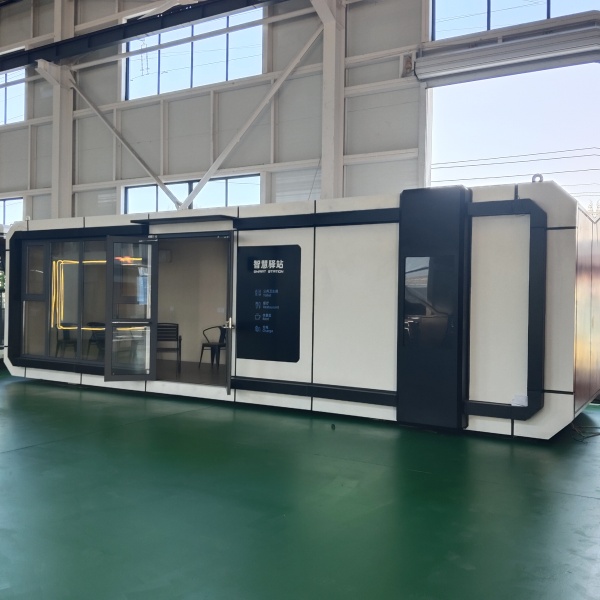 Modular modern movable apple cabins, customized high-end folk houses and portable bedrooms, delivered as a whole
Modular modern movable apple cabins, customized high-end folk houses and portable bedrooms, delivered as a whole -
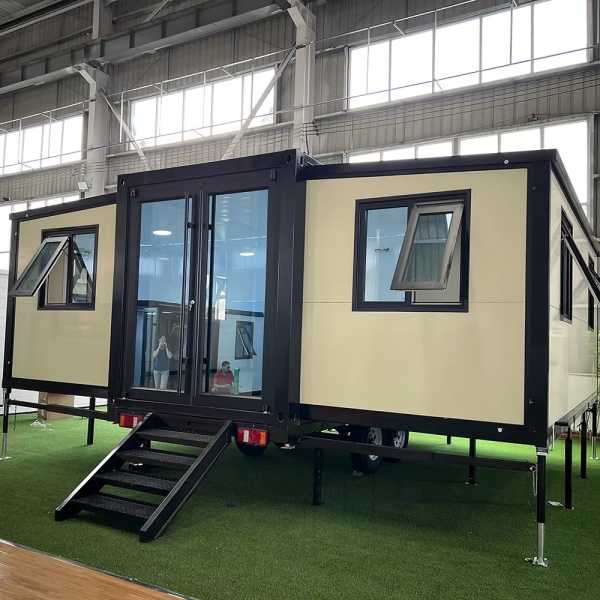 Stair Access Double Wing Expandable Container House | Easy Installation Mobile Office
Stair Access Double Wing Expandable Container House | Easy Installation Mobile Office -
 Reasonable Price 1 Bedroom Modular Container House Folding Container Home for Villa or Apartment Use
Reasonable Price 1 Bedroom Modular Container House Folding Container Home for Villa or Apartment Use -
 Customized Two Wing Folding Expandable Container House
Customized Two Wing Folding Expandable Container House -
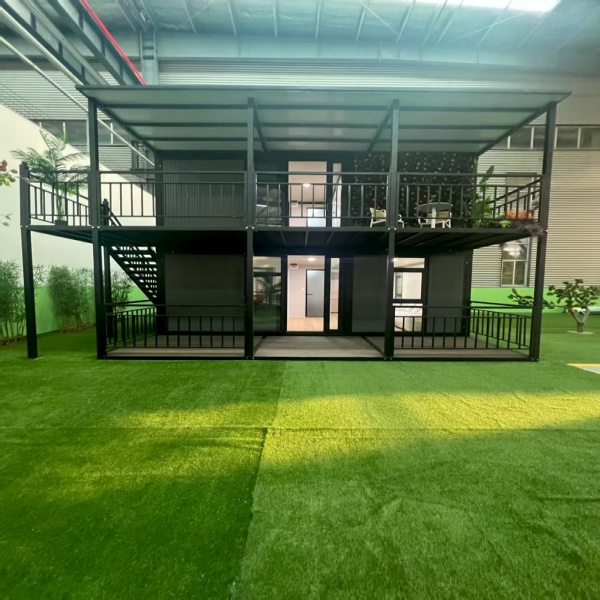 Luxury foldable two-story container houses in luxury resort hotels and villa hotels
Luxury foldable two-story container houses in luxury resort hotels and villa hotels -
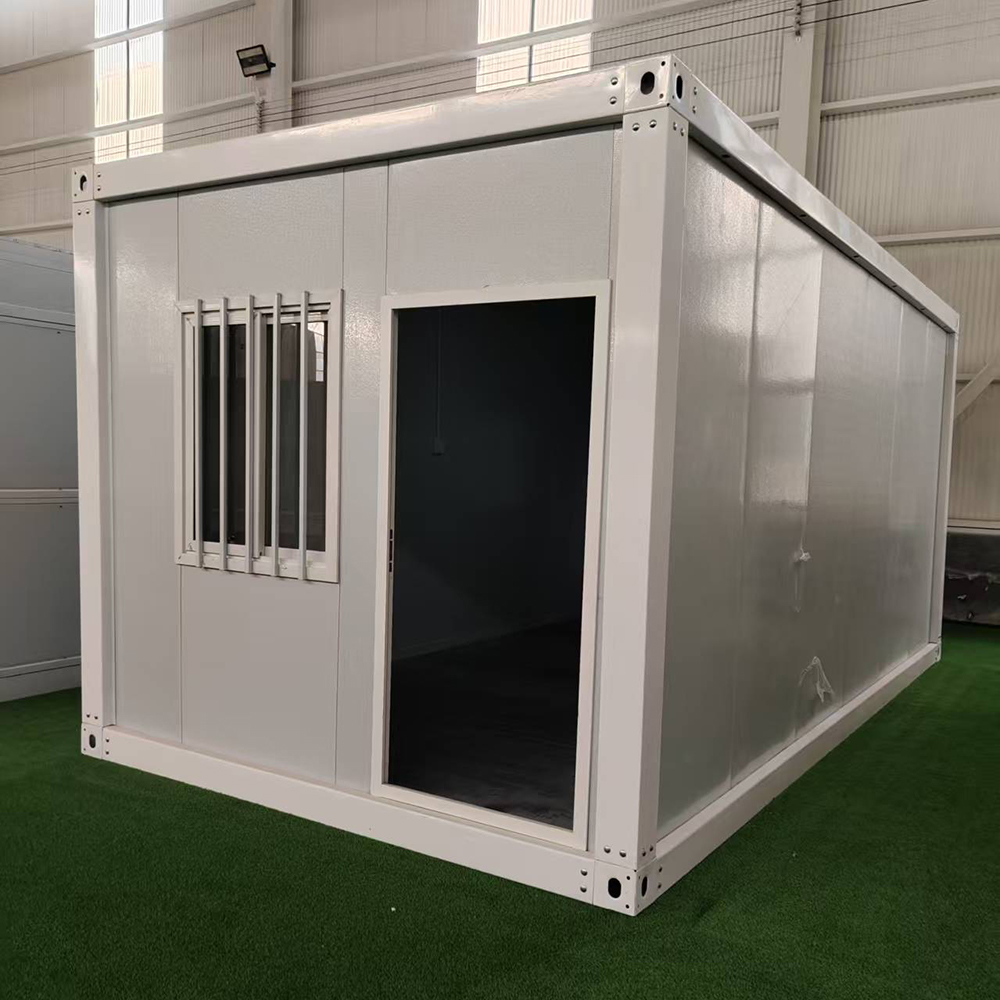 Folding Container Moving House Modular Office Container House Prefab Container for Outdoor Use
Folding Container Moving House Modular Office Container House Prefab Container for Outdoor Use -
 The foldable container house with side wing design can be quickly set up and is suitable for various environments.
The foldable container house with side wing design can be quickly set up and is suitable for various environments. -
 A container house with a terrace and double-wing folding design, suitable for various purposes such as offices, meeting rooms, living rooms, etc.
A container house with a terrace and double-wing folding design, suitable for various purposes such as offices, meeting rooms, living rooms, etc. -
 Customized Expandable Container House Holiday Home Folding Prefab Container House with Bathroom and Kitchen
Customized Expandable Container House Holiday Home Folding Prefab Container House with Bathroom and Kitchen -
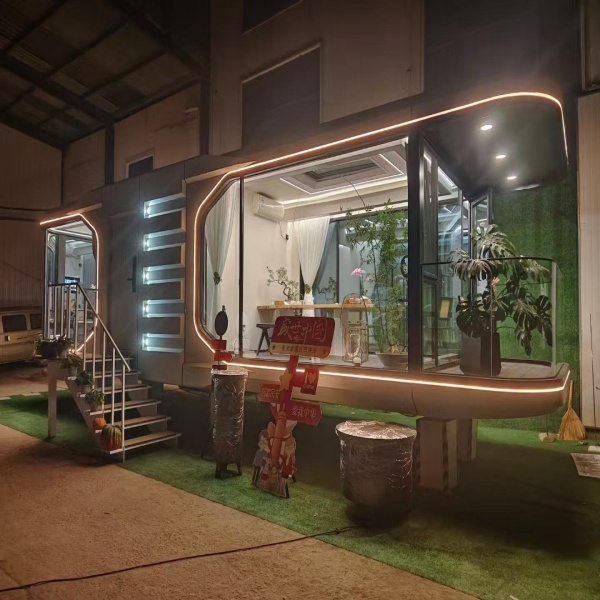 Outdoor ecological capsule rooms, luxury pods, space capsule hotel rooms, prefabricated space capsules, container houses
Outdoor ecological capsule rooms, luxury pods, space capsule hotel rooms, prefabricated space capsules, container houses -
 Easy Install Customized Detachable Container Homes Extendable House Prefab 2 Floors Expandable Container House
Easy Install Customized Detachable Container Homes Extendable House Prefab 2 Floors Expandable Container House -
 Factory Direct Sales Office Folding Container Luxury House Living Container House
Factory Direct Sales Office Folding Container Luxury House Living Container House
Related search
Related search- Buy portable prefabricated expandable container house
- modern durable quality expandable container house
- China 2 bedroom space capsule house
- container expandable house
- container prefabricated house
- Buy assembled two bedroom home prefab expandable container house
- fold up container house
- china wholesale container prefabricate house
- Buy portable fold out homes
- China Folding house











